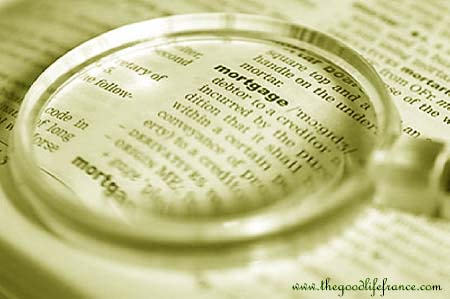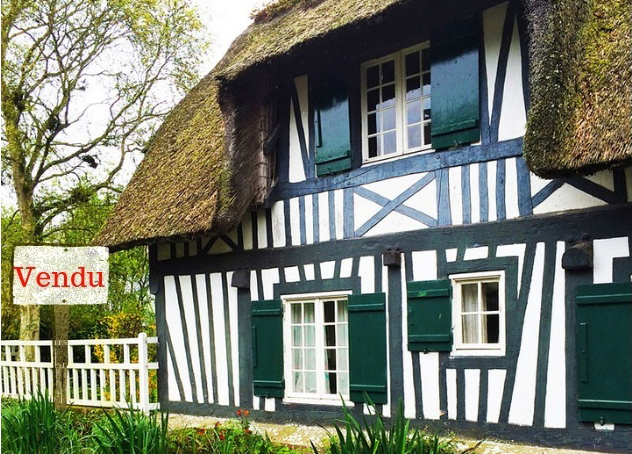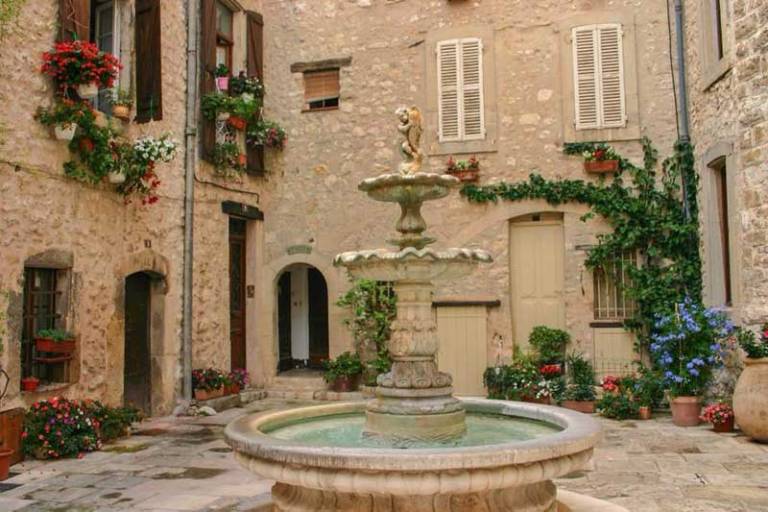Applying for a French mortgage is normally quite easy and painless.
The mortgage industry in France is highly regulated and if you are a foreigner buying in France there will be a lot of paperwork involved.
It will certainly go in your favour to organise as much as you can before you find the property of your dreams and need to get that all important transfer of funds arranged.
You should try to get an agreement in principle from your bank. You can pay for the services of a broker experienced in French mortgages to help you choose the right bank and the right mortgage for you.
French banks may appear at times to be difficult, often it’s a language barrier or the rules of banking in France are so different, if you speak no French at all it is definitely worth considering some help and use a translation service to get important documents translated.
Some French banks provide documentation in English, some don’t but one thing you can guarantee is that they will all want a lot of paperwork. Usually you can scan and send documents, sometimes documents will need to be posted or couriered to ensure safe and timely arrival.
Documents that will be required – although there may be more, according to which bank you use are:
Passport
Marriage certificate
Bank statements – last three months usually, sometimes more. You may also be asked for a letter of reference from your bank
Tax forms
Proof of deposit eg bank statement showing the funds
Last three months bank accounts;
Audited annual accounts (if self-employed)
Your estate agent in France may also be able to help you with the sales purchase; many of them speak English and are happy to assist (especially since their fee is typically 4-10% of the cost of the property).
There are different types of mortgage available in France, it is critical that you make sure you choose the right one for you, whether that is a straightforward repayment, interest only, combination or other.
A French mortgage will require you to have insurance and mortgage protection – this is mandatory for the life of the mortgage and the amount is generally added to your regular mortgage payments.










